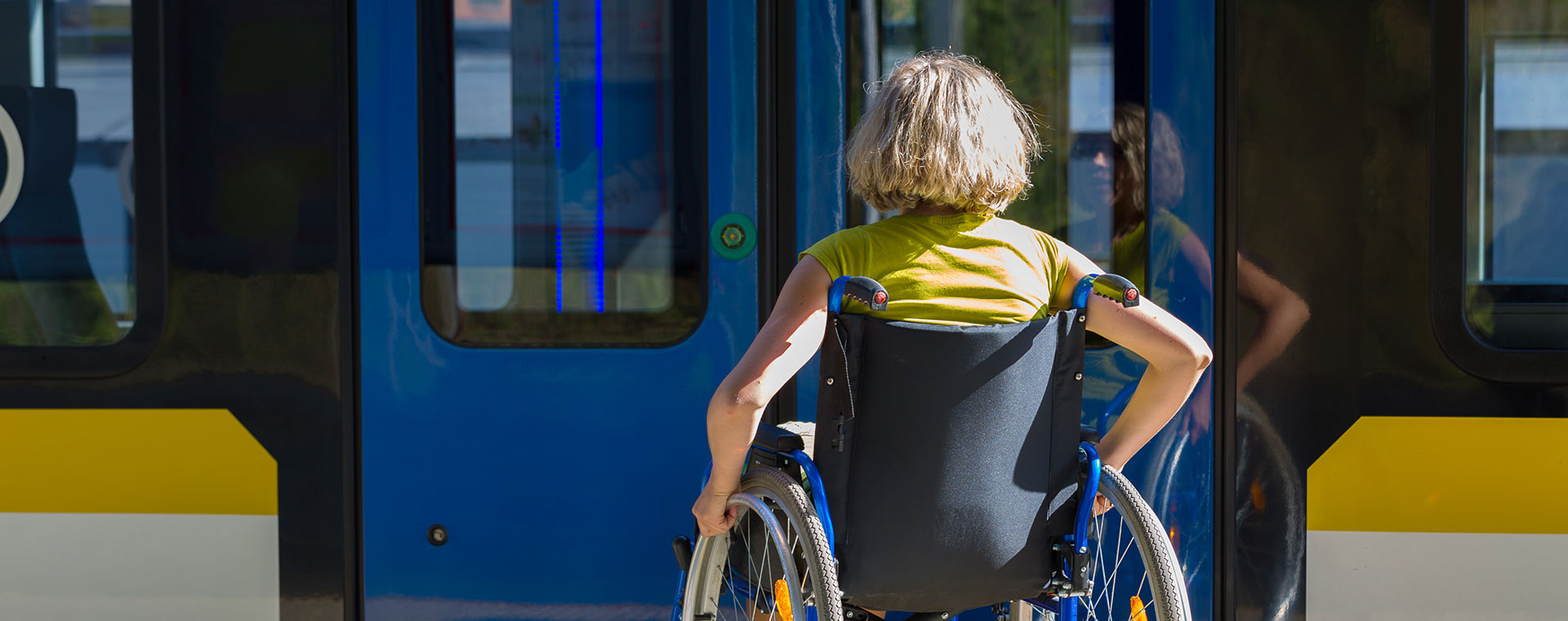Interview
Climate
Has the green transition introduced social challenge in our society?
-
Violeta Bulc
Former European Commissioner for Transport

In this video, Violeta Bulc, former European Commissioner for Transport, examines the social impact of the ecological transition on mobility.
In the EU, if we continue to focus on developing public transport, we can avoid creating new challenges. I believe that mobility should first and foremost be public.
To move around ecologically, safely and efficiently, it's crucial to have public transport well integrated into a solid structure, as well as a local network. Solutions in this area are already promising. The network can be made up of small cars, mobility-as-a-service (MaaS) solutions, bicycles, pedestrian zones or any other type of electric vehicle.
As far as the solid structure is concerned, this is where we are currently encountering difficulties, as integration is not yet complete. Because of this, many people say: “I don't have time to take public transport” or “It's not modern enough”.
Transport should meet the needs of working people who don't want to waste time in transit. High-speed trains are a perfect example of this, as they are always busy. Why is this? Because they offer an environment that is conducive to continuous productivity: you can work or spend pleasant moments there.
-
 Interview
Cars
Interview
Cars
What encourages people to choose public transportation over private cars?
Van den Brandt Elke, Minister for Mobility, Public Works and Road Safety within the government of the Brussels-Capital Region in Belgium
-
 Interview
Decarbonization
Interview
Decarbonization
How will rural areas adapt to the shift towards carbon-neutral mobility?
Caulfield Brian, Professor in transportation and Head of Department at Trinity College Dublin, Expert to the National Transport Authorithy (Ireland)
-
 Interview
Decarbonization
Interview
Decarbonization
How can we catalyze the transition towards carbon-neutral transportation?
Katarina Cséfalvayová, Co-founder and director of the Institute for Central Europe
-
 Interview
Public investment
Interview
Public investment
How can we integrate inclusion in the transition to sustainable transportation?
Halpern Charlotte, FNSP tenured researcher at Sciences Po Paris’ Centre for European Studies and Comparative Politics
-
 Insights
Desirability
Insights
Desirability
How can we make local transport more attractive?
Thomas Côte, CEO and Founder of WEVER
In my opinion, the concept of attractability implies placing the individual back at the center of the conceptual process when considering, building and adapting mobility solutions.


